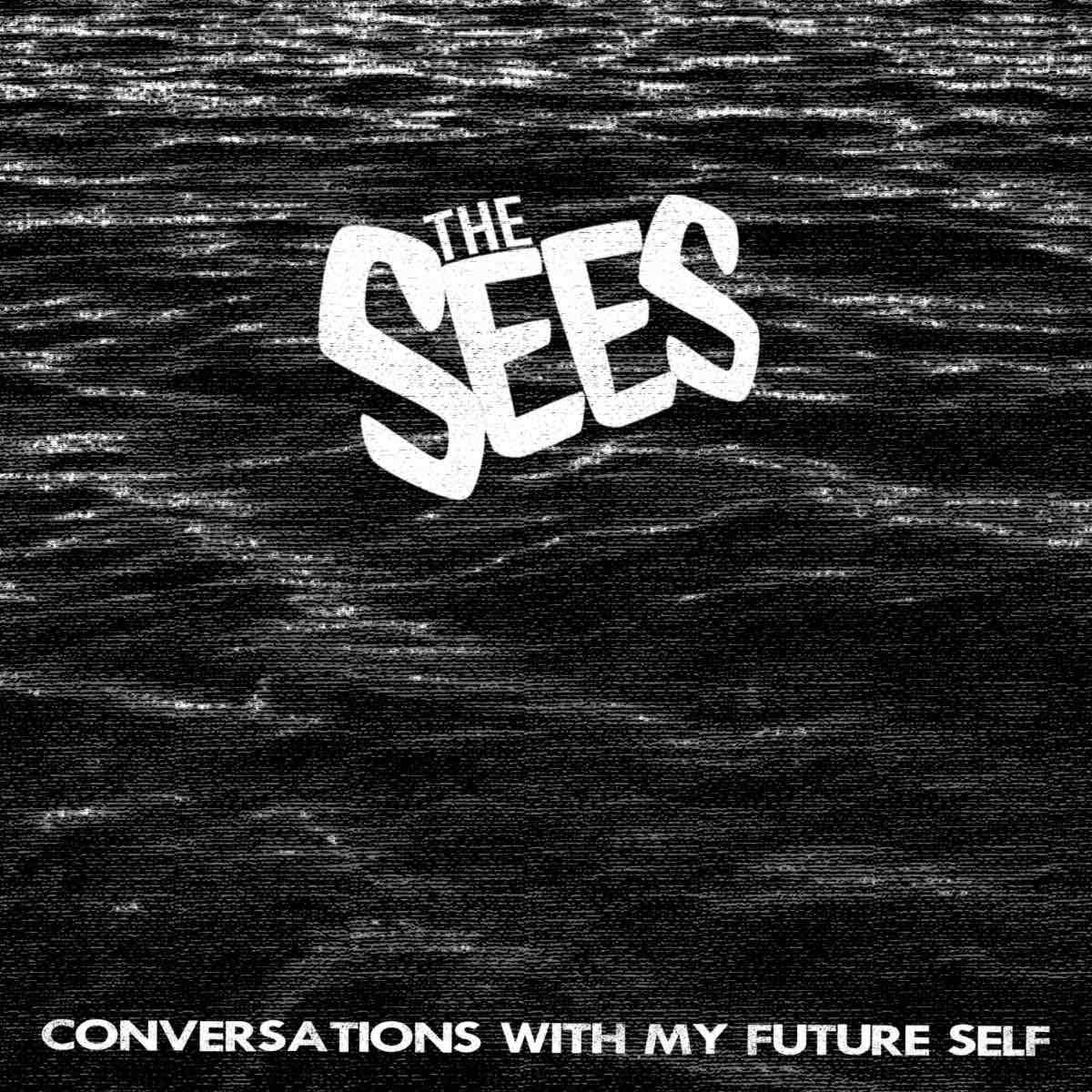The Sees
Conversations with My Future Self
SELF-RELEASED
These days, accessibility to technology means that it’s much easier for most people to record music. You can do everything on a laptop from your bedroom—and, indeed, the phenomenal success of artists likes beabadoobee and girl in red have shown that doing so is no obstacle to success. It’s an unequivocally great advancement in the world of contemporary music, because the bypassing of prohibitive studio costs makes it all much more democratic. At the same time, however, it does feel a little like the art of making a studio record is being lost ever so slightly, especially on a more grassroots level, where major label money doesn’t flow anywhere near as freely.
If you have the right friends in the right places, however, it can still be possible. That’s what Conversations with My Future Self serves to prove. It might be The Sees’ first record, and the band may have only formed in the fall of 2022, but its members have been playing and overlapping in other projects for a long time. Not only does that experience and chemistry flow through these eight songs, but the band made it at a real studio. You can hear the difference instantly. This is a real rock record, one made with care and precision that’s as much about the spaces between the songs as it is about the songs themselves.
And those songs flow masterfully from start to finish, sounding like time itself as it—and we—slowly ebbs away. But as the final song “At Some Point” revisits a guitar line used in the hypnotic and captivating pulse of opener “The Calling,” it suggests that perhaps the end isn’t the end after all. In between, the album veers from the moody, anthemic rock of “Losing Time”—a central theme on this album—to the sweeping, soaring psychedelia of “Turn the Lights Out” and “End of Scene” to the brash, almost snotty punk rock of “Voices.” At the end, as the echoes of the start meander through the airwaves, it’s almost impossible to not want to wind the clock back on your own life and begin everything again, or even return to the comfort of the void before existence.







